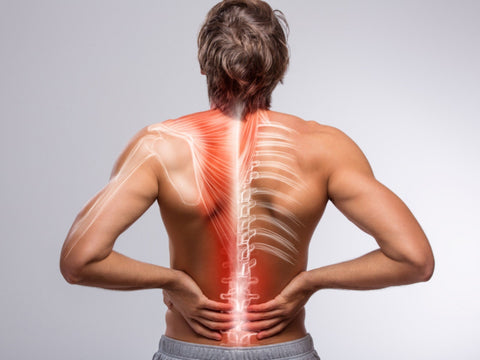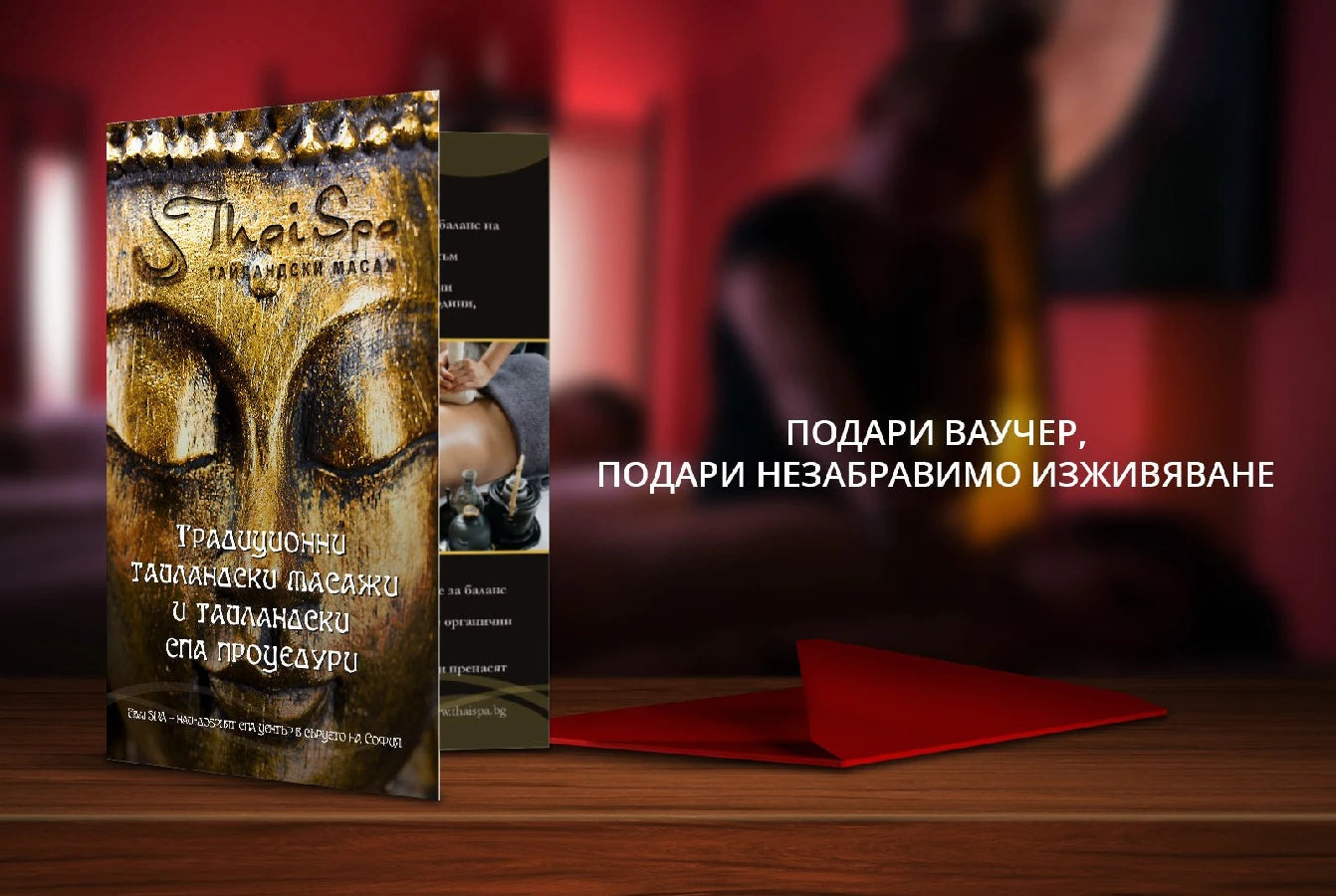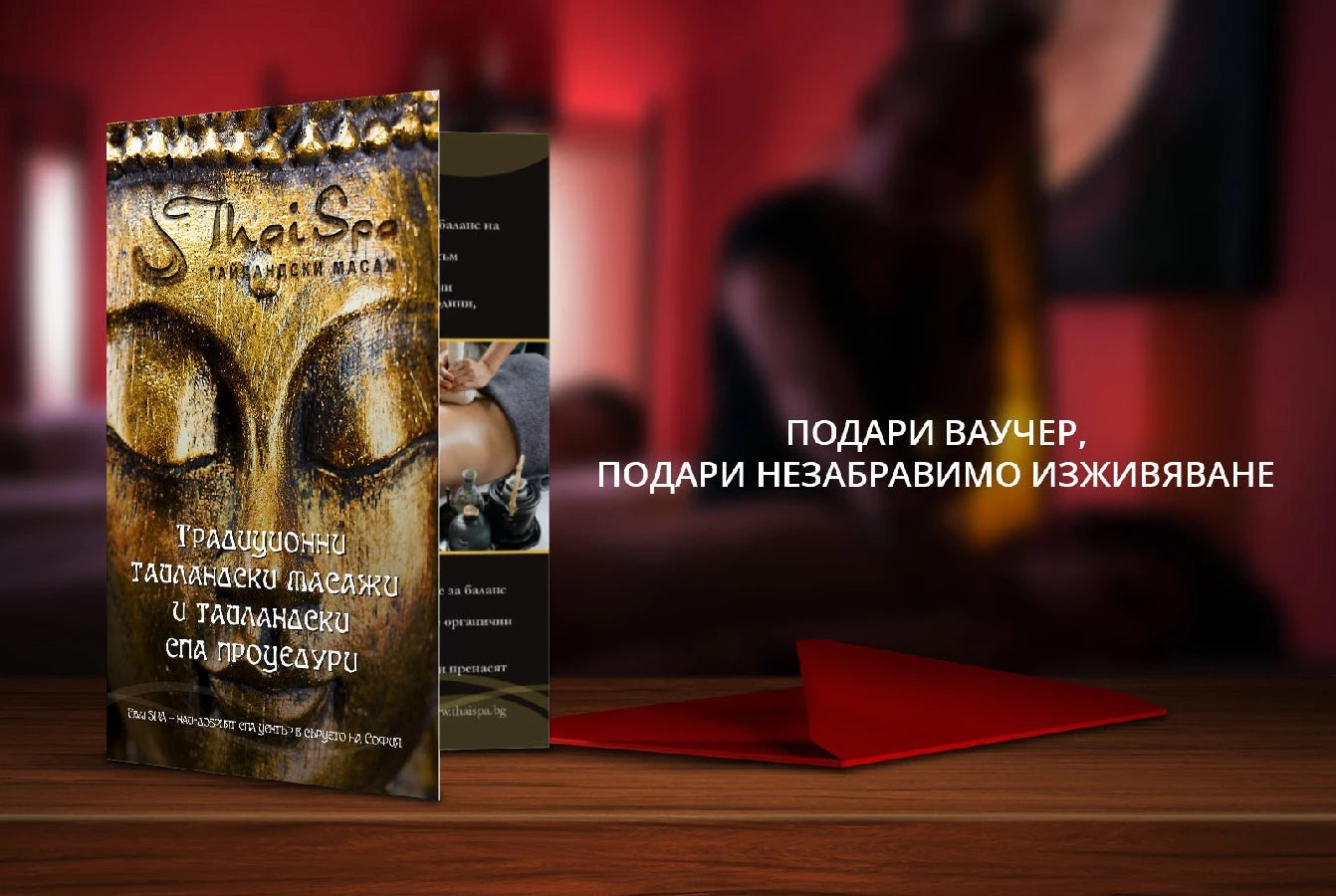Muscle pain is a common phenomenon that can occur at any time of the year, but is especially common during the cold months. This pain can affect people of all ages and activity levels, appearing in different parts of the body, most commonly in the back, legs or arms.
Reasons:
- Decreased blood circulation: In cold temperatures, blood vessels constrict to conserve body heat. This can lead to reduced blood flow to the muscles, making them more susceptible to pain.
- Numbness: Cold can worsen muscle stiffness, especially in the morning or after prolonged sitting.
- Voltage: Some people unknowingly tense their muscles when it's cold, which can lead to pain and discomfort.
- Exacerbation of chronic conditions: People with arthritis, fibromyalgia, or other chronic muscle conditions may experience more pain in cold weather.
- Other factors: Insufficient hydration, unhealthy diet, excessive muscle strain, lack of movement and too much sitting in one place.

Symptoms:
- Muscle pain that can vary in intensity from mild to severe.
- Stiffness and difficulty in movement, especially in the morning or after prolonged sitting.
- Spasms - involuntary contraction of muscles.
- A feeling of weakness and fatigue in the muscles.
- Swelling and inflammation.
Impact on quality of life:
Muscle pain can negatively affect quality of life, making it difficult to perform daily tasks. It can disrupt sleep, prevent sports activities, limit mobility and cause discomfort at work or at home.
Prevention:
- Warming up: Always warm up before physical activity, even if it's just a walk.
- Stretching: Regular stretching can help improve flexibility and reduce the risk of pain.
- Move: Regular physical activity is important for maintaining healthy muscles and joints.
- Wear warm clothes: Dress in layers to protect yourself from the cold.
- Hydration: Drink enough water to stay hydrated.
- Healthy eating: Eat healthy to provide your muscles with the nutrients they need.
-
Stress reduction: Stress can make pain worse, so it's important to find ways to relax.
-
Regular visit to Thai Spa massage studio
Incorporating regular massage into your routine can be a great way to prevent muscle soreness. Here are some of the benefits:
- Maintaining healthy muscles: Massage can help improve circulation, loosen tight muscles and increase flexibility.
- Reducing the risk of injury: Regular massage can help prevent muscle injuries that can lead to pain.
- Improve recovery: Massage can speed up muscle recovery after an intense workout.
- Stress reduction: Stress can lead to muscle tension and pain. Massage can help you relax and reduce stress.
Treatment:
- Home treatment: Warm baths or compresses, massage, light exercise, over-the-counter pain relievers.
- Physiotherapy: A physical therapist can show you stretching exercises.
Benefits of massage for muscle pain:
Massage is a great way to relieve muscle pain caused by a variety of factors, including cold weather. Here are some of its benefits:
1. Improves blood circulation:
Massage stimulates blood flow to the muscles, which supplies them with oxygen and nutrients. In this way, their recovery is accelerated and pain is reduced.
2. Relaxes the muscles:
Massage loosens tense and stiff muscles, leading to a reduction in pain and discomfort.
3. Improves flexibility:
Regular massage can improve muscle flexibility, which can reduce the risk of pain and injury.
4. Reduces inflammation:
Massage can help reduce inflammation, which is often the cause of muscle pain.
5. Improves sleep:
Massage can help you relax and fall asleep more easily, which is important for muscle recovery.
6. Reduces Stress:
Stress can make muscle pain worse. Massage can help you relax and reduce stress, which will relieve pain.
7. Boosts Mood:
A massage can help you feel better and lift your mood.
Types of massage suitable for muscle pain:
- Sports massage : It is suitable for athletes and people who actively engage in physical exercises.
- Thai massage with oils : This type of massage is suitable for people of all activity levels.
- Deep tissue : This type of massage is more intense and is suitable for people with chronic muscle pain.
- Trigger point therapy: This type of therapy focuses on painful points in the muscles - at Thai Spa it can be ordered as a strong supplement.
Tips for getting a quality massage:
- Find a qualified massage therapist - at Thai Spa all our therapists are certified and of Thai origin.
- Let the massage therapist know about your symptoms and preferences.
- Share with him what your massage goals are.
- Don't be afraid to speak up if something is bothering you.
- Drink plenty of water after the massage.
Conclusion:
Massage is an effective method of relieving muscle pain caused by various factors. It can improve circulation, loosen muscles, reduce inflammation and boost your mood.





